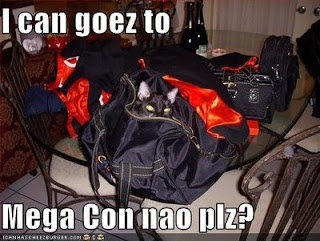
It’s pretty good.
The good parts in it are actually fucking astounding, but the bad parts are utterly terrible. But, like with all things relating to superheroes, the good triumphs over the bad.
I typically cringe at the sound of someone saying, “They used the panels from the comic as the storyboard!” I don’t think that making a direct, shot-for-shot recreation of a comic book necessarily makes for a good film. So, I did go into Watchmen with some reservations as to whether it might be TOO faithful.
Luckily, that wasn’t the case.
Snyder and team did a good job of changing, dropping, or adding just the right things, for the most part. There are some parts of the book I would really like to have seen, but the movie does stand well on what it’s got.
While I don’t really agree with all of the bright color choices (which seemed extra odd, as the Watchmen book isn’t really all that brightly colored…), I do think that the film was amazingly beautiful to look at. The cinematography is really top-notch.
The music is perfect. All of the song choices were correct and well-placed, and the original score makes parts of the movie even more stunning (especially the scene in which Osterman is atomized).

The acting is good overall, but some of the performances reeked of ham. Silk Spectre II is portrayed with some one-note acting, and Carla Gugino does a surprisingly bad job at playing Silk Spectre I.
Jeffrey Dean Morgan is fantastic as the Comedian, somehow nailing the simultaneous hatred and pity/love that we must feel for the character.
Jackie Earle Haley does an admirable job as Rorschach, though some of his narration is a little difficult to take seriously.
Matthew Goode is good at making Ozymandias disturbing, and does a commendable job of adding some interesting back-story to his character.
Billy Crudup does an amazing job as the voice/movement/human part of Doctor Manhattan. He carries out the difficult task of delivering some of the most inhumane dialogue ever written in a voice that attempts at comfort.
Probably the best actor of the troupe is Patrick Wilson. His portrayal of Nite-Owl II is absolutely perfect. When he’s in the guise of Dan Dreiberg, he’s a genuine Clark Kent: clumsy, unattractive, and impotent. When he’s wearing his true skin as Nite-Owl, he’s the Overman: graceful, strong, and passionate.
It is a rather violent movie. While some moments of violent are examples of exploitative trash in a film that should be above that, most of the violence is done tastefully. When these guys fight, they REALLY fight. I really only take issue with the popping of bone out of the skin, the shattering of a leg with a bullet, and the far-too-detailed cutting off of someone’s arms. Other than that, I love the action.
It compares well with the book, I think, as they are two very different entities. The book offers much more characterization and philosophy, while the movie offers things that a comic book simply can’t: music and more dynamic action. Everyone should go see it. The 160 minutes go by quickly enough. And you should definitely try it in IMAX.

(Can't wait for this sequel!)














